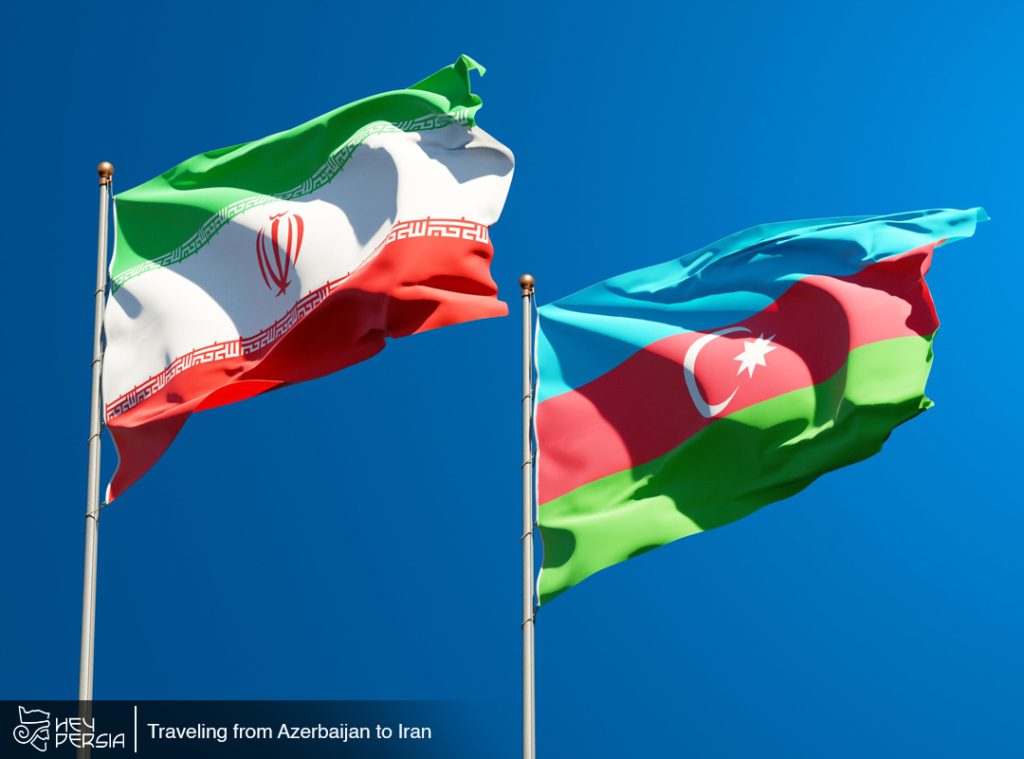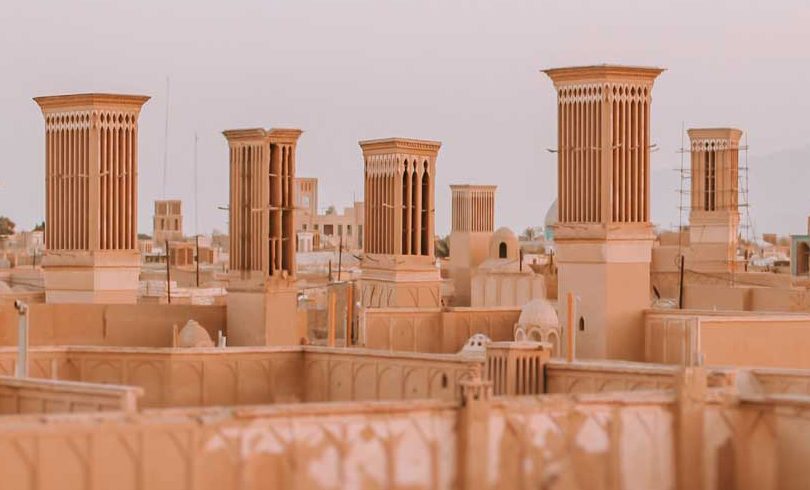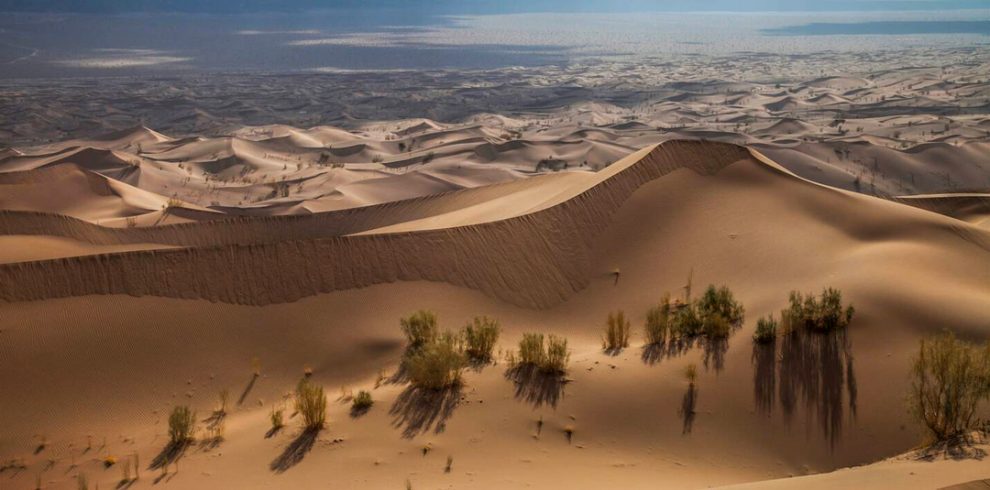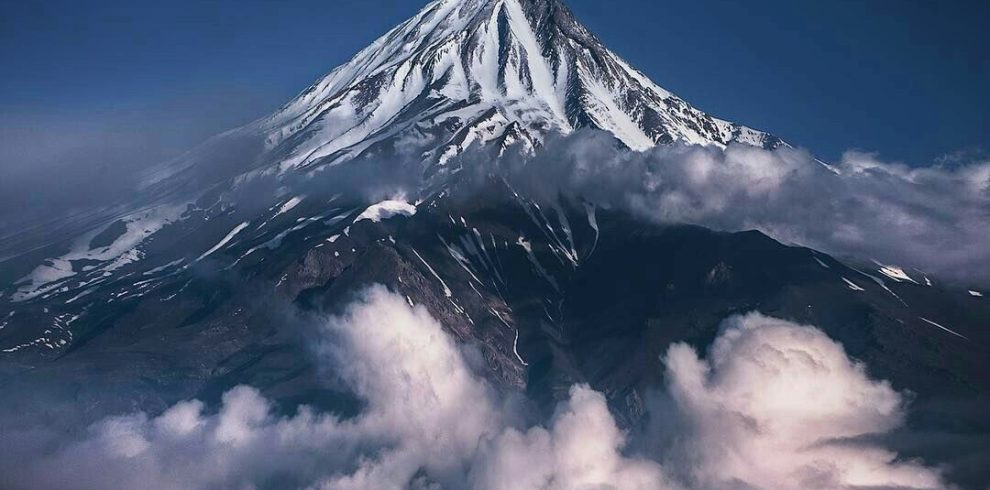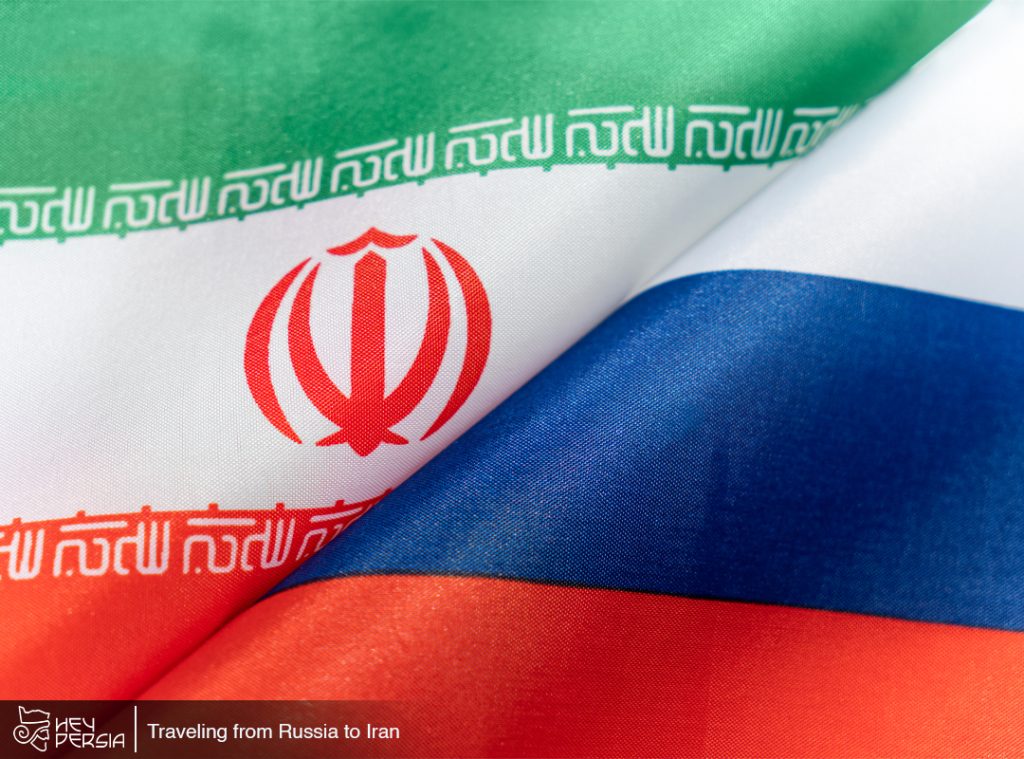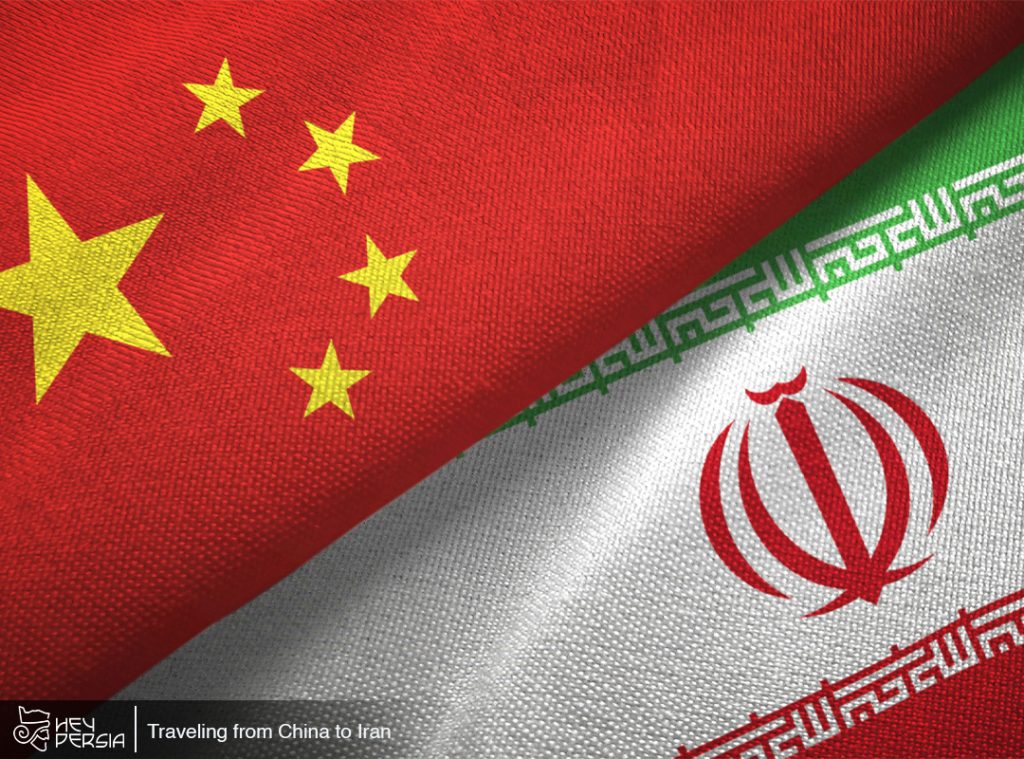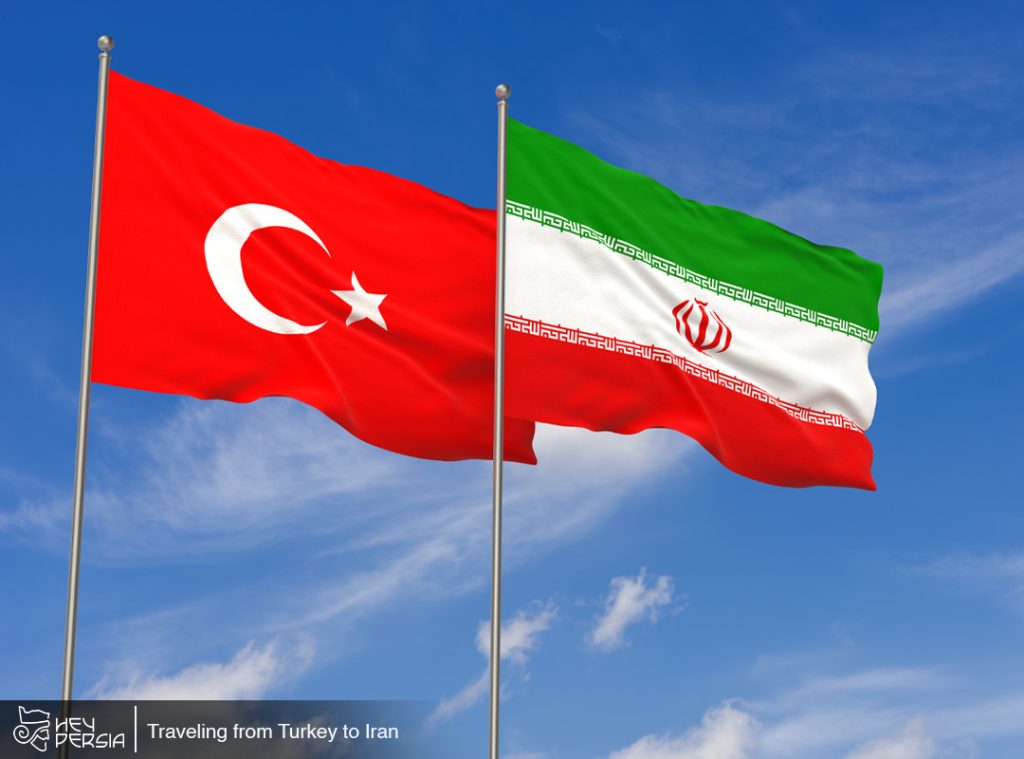Traveling from Azerbaijan to Iran offers a fascinating journey through history, culture, and diverse landscapes. These neighboring countries, located in the South Caucasus and Western Asia, respectively, share a border and are connected by both road and air routes. In this guide, we will explore various aspects of traveling between Azerbaijan and Iran. Stay with Hey Persia to learn more.
Visa Requirements and Documentation for Traveling from Azerbaijan to Iran
Before embarking on your journey from Azerbaijan to Iran, it’s crucial to understand the visa requirements and necessary documentation.
Azerbaijani citizens are required to obtain a visa to enter Iran.
The visa application process typically involves submitting an application, passport photos, and supporting documents, such as an invitation letter from a host in Iran.
It’s advisable to contact the Iranian embassy or consulate in Azerbaijan or consult their official website for uptodate visa requirements and procedures.
Foreign nationals residing in Azerbaijan may also need to apply for an Iranian visa.
Visa requirements for foreign nationals can vary based on their nationality, so it’s essential to check with the Iranian authorities or embassy in Azerbaijan for specific information.
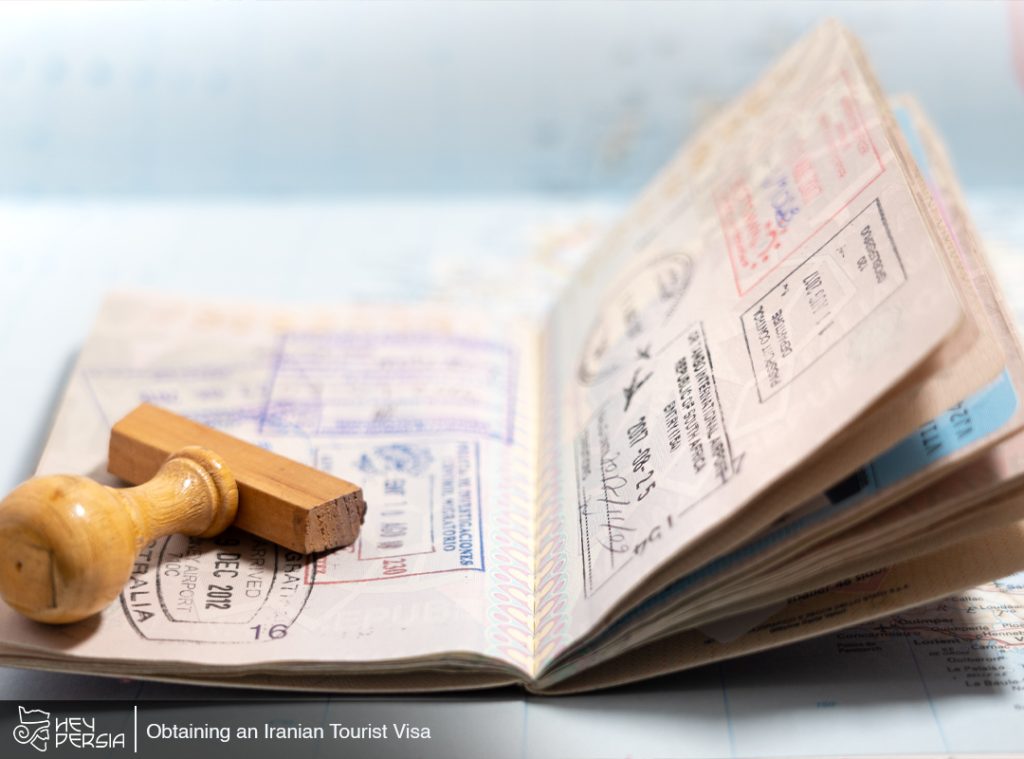
Modes of Transportation for Traveling from Azerbaijan to Iran
There are primarily two modes of transportation for traveling from Azerbaijan to Iran: air travel and land travel.
Air Travel:
The quickest and most convenient way to travel between Azerbaijan and Iran is by air.
Major international airports in Azerbaijan, such as Heydar Aliyev International Airport in Baku, offer flights to several Iranian cities, including Tehran, Tabriz, and Mashhad.
Flight durations between Baku and Tehran, for example, are relatively short, making air travel a popular choice for travelers.
Land Travel:
Land travel between Azerbaijan and Iran is also possible but requires careful planning.
There are several border crossings between the two countries, with the Astara border being one of the most commonly used.
Travelers considering land routes should be aware of entry and exit requirements, customs regulations, and potential language barriers.
It’s advisable to use reputable travel agencies to assist with land travel arrangements, including transportation and documentation.
Currency Exchange and Financial Considerations of Traveling from Azerbaijan to Iran
When traveling from Azerbaijan to Iran, it’s essential to consider currency exchange and financial matters:
Currency Exchange
The currency of Azerbaijan is the Azerbaijani Manat (AZN), while Iran uses the Iranian Rial (IRR).
It’s recommended to exchange currency before your trip or upon arrival at airports or authorized exchange offices in Iran.
Banking and ATMs
Iran has a banking system that is separate from international banking networks due to sanctions. Foreign credit and debit cards are generally not accepted.
Travelers should carry enough cash in local currency for their expenses during their stay.
Language and Communication for Traveling from Azerbaijan to Iran
Language in Azerbaijan
Azerbaijani is the official language in Azerbaijan, and many Azerbaijanis also speak Russian or English, especially in urban areas.
Persian (Farsi) is the official language in Iran.
While English may be spoken to some extent in tourist areas and among the younger population, it’s advisable to learn a few basic Persian phrases or travel with a translation app to facilitate communication.
Cultural and Social Norms in Traveling from Azerbaijan to Iran
Iran and Azerbaijan share cultural and historical ties, but there are cultural and social differences that travelers should be aware of:
Dress Code in Iran
Iran has a dress code that requires modest clothing for both men and women.
Women should wear a headscarf and dress conservatively, covering their arms and legs.
Men are expected to dress modestly as well.
Respect for Cultural Norms
Iranians value politeness and respect in social interactions. It’s essential to be polite and considerate when interacting with locals.
Public displays of affection and certain behaviors may be considered inappropriate in Iran, so travelers should be mindful of local customs.
Health and Safety for Traveling from Azerbaijan to Iran
Vaccinations
It’s advisable to check with a healthcare professional for any required or recommended vaccinations before traveling to Iran.
Travel Insurance
Having comprehensive travel insurance that covers medical emergencies, trip cancellations, and other unexpected events is highly recommended.
Safety Considerations
Iran is generally safe for travelers, but it’s essential to stay informed about current travel advisories and follow local guidelines and regulations.

Sightseeing and Travel Highlights of Traveling from Azerbaijan to Iran
Travelers from Azerbaijan to Iran have the opportunity to explore a diverse range of attractions:
Tehran
Iran’s capital city offers a blend of history and modernity. Key attractions include the Golestan Palace, the National Museum of Iran, and the vibrant Grand Bazaar.
Isfahan
Known for its stunning architecture, Isfahan boasts the UNESCOlisted Naqshe Jahan Square, Imam Mosque, and Sheikh Lotfollah Mosque.
Shiraz
Shiraz is famous for its beautiful gardens, including the Eram Garden and the stunning Nasir alMulk Mosque.
Persepolis
This ancient archaeological site, near Shiraz, features the ruins of the historic city of Persepolis, a UNESCO World Heritage Site.
Caspian Sea
The Caspian Sea coast offers picturesque landscapes and is a popular destination for relaxation and outdoor activities.
Traveling from Azerbaijan to Iran is a joyful trip
Traveling from Azerbaijan to Iran is a journey that offers a rich tapestry of experiences, from exploring historical sites to savoring delicious Persian cuisine. By understanding the visa requirements, modes of transportation, cultural norms, and other essential aspects, travelers can embark on a rewarding adventure between these neighboring countries, discovering the unique charm of Iran’s diverse landscapes and culture.

